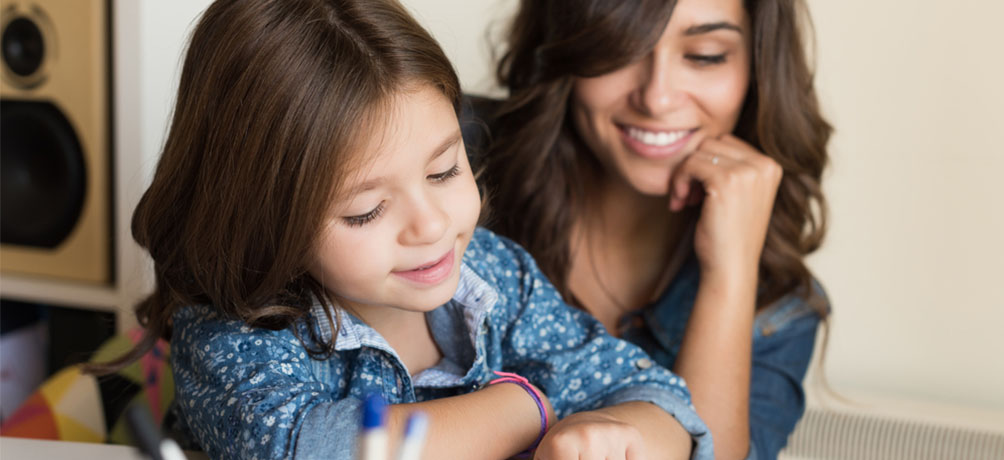There is probably no more important activity for preparing your child to succeed as a reader than reading aloud together. Fill your story times with a variety of books. Be consistent, be patient, and watch the magic work.
Even after children learn to read by themselves, it’s still important for you to read aloud together. By reading stories that are on their interest level, but beyond their reading level, you can stretch young readers’ understanding and motivate them to improve their skills.
Advertise The Joy of Reading!
Our goal is to motivate children to want to read so they will practice reading independently and, thus, become fluent readers. That happens when children enjoy reading. We parents can do for reading what fast food chains do for hamburgers...advertise! And we advertise by reading great stories and poems to children.
We can help our children find the tools they need to succeed in life. Having access to information through the printed word is an absolute necessity. Knowledge is power and books are full of it. But reading is more than just a practical tool.Through books we can enrich our minds; we can also relax and enjoy some precious leisure moments.
With your help, your children can begin a lifelong relationship with the printed word, so they grow into adults who read easily and frequently whether for business, knowledge, or pleasure.
Remember When You Were Very Young
Between the ages of 4 and 7, many children begin to recognize words on a page. In our society this may begin with recognition of a logo for a fast food chain or the brand name of a favorite cereal. But, before long, that special moment when a child holds a book and starts to decode the mystery of written words is likely to occur.
You can help remove part of the mystery without worrying about a lot of theory. Just read the stories and poems and let them work their wonders. There is no better way to prepare your child for that moment when reading starts to “click”, even if its years down the road.
It will help, however, if we open our eyes to some things adult readers tend to take for granted. It’s easier to be patient when we remember how much children do not know. Here are a few concepts we adults know so well we forget sometimes we ever learned them.
- There’s a difference between words and pictures. Point to the print as you read aloud. • Words on a page have meaning, and that is what we learn to read.
- Words go across the page from left to right. Follow with your finger as you read
- Words on a paper are made up of letters and are separated by a space.
- Each letter has at least two forms: one for capital letters and one for small letters.
Imagine how you would feel if you were trying to interpret a book full of hieroglyphics.That’s how young readers feel. But, a little patience - maybe by turning it into a puzzle you can solve together - is certain to build confidence.
Home is Where the Heart Is
It’s no secret that activities at home are an important supplement to the classroom, but there’s more to it than that.There are things that parents can give children at home that the classrooms cannot give.
Children who are read to, grow to love books. Over the years, these children will have good memories to treasure.They remember stories that made them laugh and stories that made them cry.They remember sharing these times with someone they love, and they anticipate with joy the time when they will be able to read for themselves.
By reading aloud together, by being examples, and by doing other activities, parents are in a unique position to help children enjoy reading and see the value of it.




